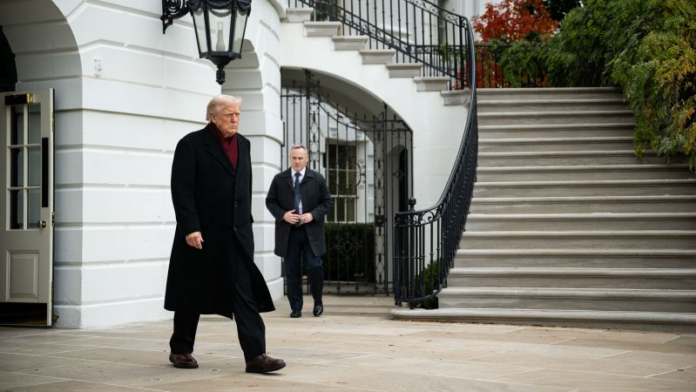A disturbing shift in the American labor market—dubbed a “white-collar slowdown” has pushed the share of unemployed college graduates to record highs, prompting venture capitalist Chamath Palihapitiya to demand a drastic overhaul of federal student lending.
Job Losses Hit College Graduates
New data and a chart named “white-collar slowdown,” released late Monday by The Kobeissi Letter, reveals that Americans with four-year degrees now comprise 25.3% of total unemployment, a figure that has doubled since the 2008 Financial Crisis.
The statistics illustrate a significant cooling in sectors that traditionally require higher education. According to the report, over 1.9 million workers aged 25 and older with at least a bachelor’s degree are currently without work.
The weakness is not isolated to mid-career professionals; the unemployment rate for young Americans aged 20 to 24 has surged to 9.2%, marking a 2.2-point increase year-over-year.
This sharp rise, reaching levels unseen since May 2021, represents a volatility typically not seen outside of active recessions.
See Also: Chamath Palihapitiya Takes A Jibe At Big Short Investor Michael Burry’s Hidden Accounting Comments: ‘Not Very Good At What He Does’
Chamath Palihapitiya Warns Against Subsidizing Education Loans
In a direct response to the data, Palihapitiya blasted the current trajectory of higher education financing.
He outlined two “obvious takeaways” from the report, arguing primarily that the U.S. Federal Government needs to “stop underwriting college loans immediately.”
Palihapitiya warned that the current system is funneling students into a “financial quagmire” where they accumulate debt they will never be able to repay, all in pursuit of a degree that he claims “increasingly has little to no value.”
The White-Collar Slowdown
This “white-collar slowdown” challenges the long-held economic assumption that higher education acts as a shield against unemployment.
With the share of jobless degree-holders reaching unprecedented levels, the critique of federal subsidies is gaining traction.
Despite a September jobs report that saw the U.S. economy add 119,000 positions—more than double the expectations of forecasters—top economist Justin Wolfers has also urged caution, warning that rising unemployment signals it is time for the country to
Trump administration plan to reduce access to some student loans angers nurses, health care groups
RELATED ARTICLES



